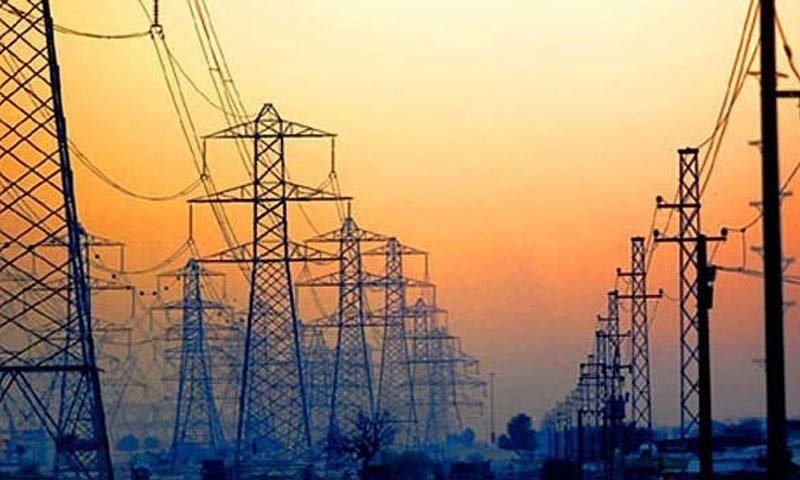Sapphire Electric Company Limited (SECL) has proposed terminating sovereign power contracts and eliminating capacity payments if their proposals are accepted by the government. This marks the fourth instance of forced renegotiations of such contracts, according to SECL’s CEO Shahid Abdullah, who conveyed these concerns in a letter to Prime Minister Shehbaz Sharif.
This stance contrasts with claims by the Task Force on Energy that negotiations are proceeding with mutual consent. Other independent power producers (IPPs) have echoed SECL’s concerns in a joint letter to the Prime Minister. The German government has also expressed reservations about a controversial deal with Rousch Power, in which German firm Siemens is a partner.
Negotiations are ongoing between the Task Force and 18 IPPs to convert their power purchase agreements (PPAs) from a “take or pay” to a “take and pay” model. About 12 IPPs have been asked to return an overpaid amount of Rs. 55 billion, which they are resisting, according to insiders.
Shahid Abdullah highlighted that fixed capacity payments to private IPPs have been criticized for making consumer tariffs unaffordable. However, he argued that this is a misleading simplification of a complex issue. He noted that the average generation tariff is Rs. 27/kWh, while the average consumer tariff exceeds Rs. 60/kWh, with the increase largely due to taxes, transmission and distribution costs, and losses/theft.
He pointed out that capacity payments account for Rs. 17/kWh of the generation tariff, with more than half going to government-owned IPPs. He also noted a 22% drop in power demand over the last two years, which has increased unit costs, and a more than 50% depreciation in the exchange rate over the last three years, leading to a 40% rise in capacity payments.
He argued that “Take and Pay” agreements in a Single Buyer market are financially unsustainable, as they require generators to maintain power plants without a guaranteed purchase commitment from the government, while being legally barred from selling power to other buyers.
Abdullah stated that such agreements are unprecedented globally and would bankrupt generators within months. He proposed that eliminating the entire capacity payment for all 2002 IPPs (2,600 MW) would only reduce the generation tariff by Rs. 0.5/kWh, a minor impact on the consumer tariff.
SECL is willing to terminate its existing sovereign contract and eliminate capacity payments, provided certain conditions are met: all past due amounts must be paid at termination, all “Take or Pay” contracts must be terminated, generators must be allowed to sell power to private buyers, and SNGPL must continue supplying LNG to IPPs competitively until private import is allowed.
Abdullah emphasized that meaningful consumer tariff reductions require increased power sales, long-overdue transmission and distribution reforms, and reduced taxation burdens. He criticized policymakers for focusing on short-term gains at the expense of necessary long-term reforms. Despite these challenges, IPPs are prepared to contribute to the sector’s viability, provided they are not discriminated against.










